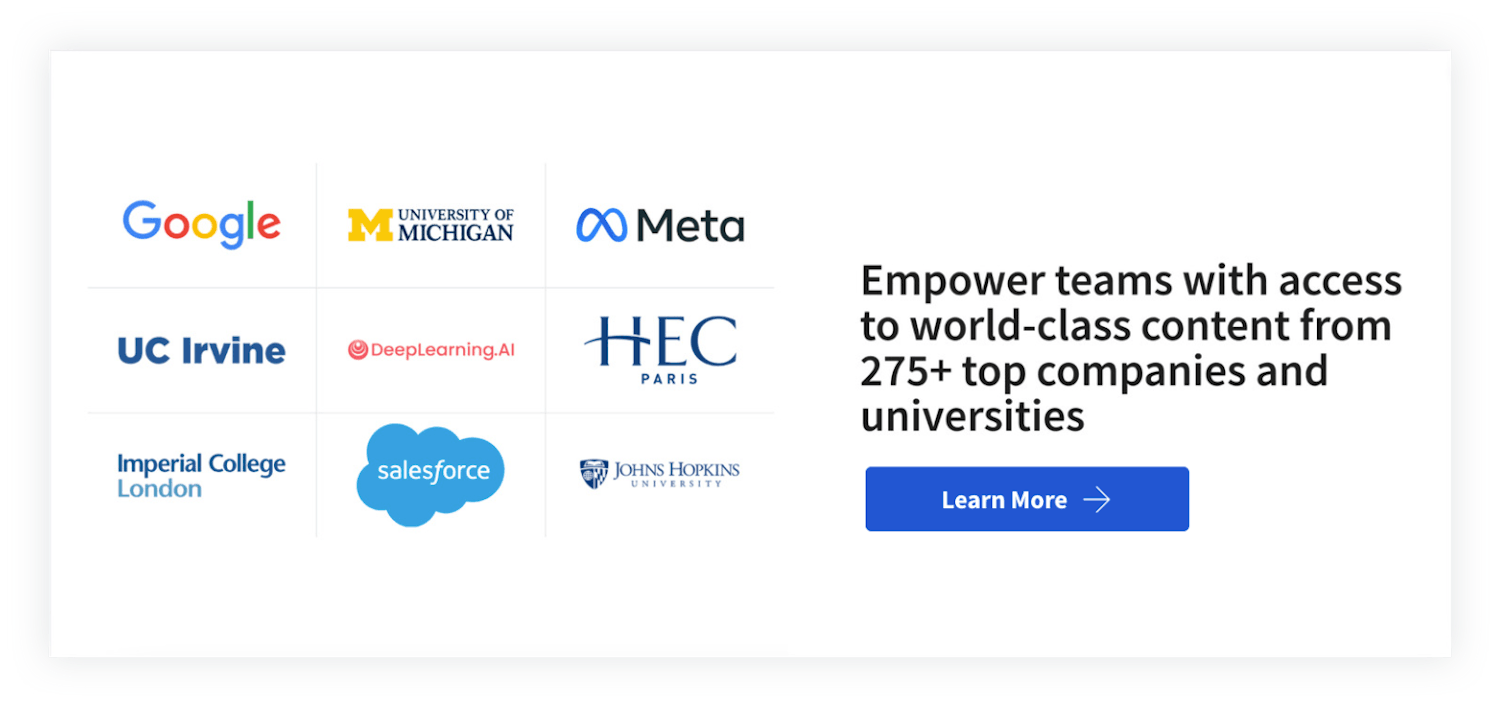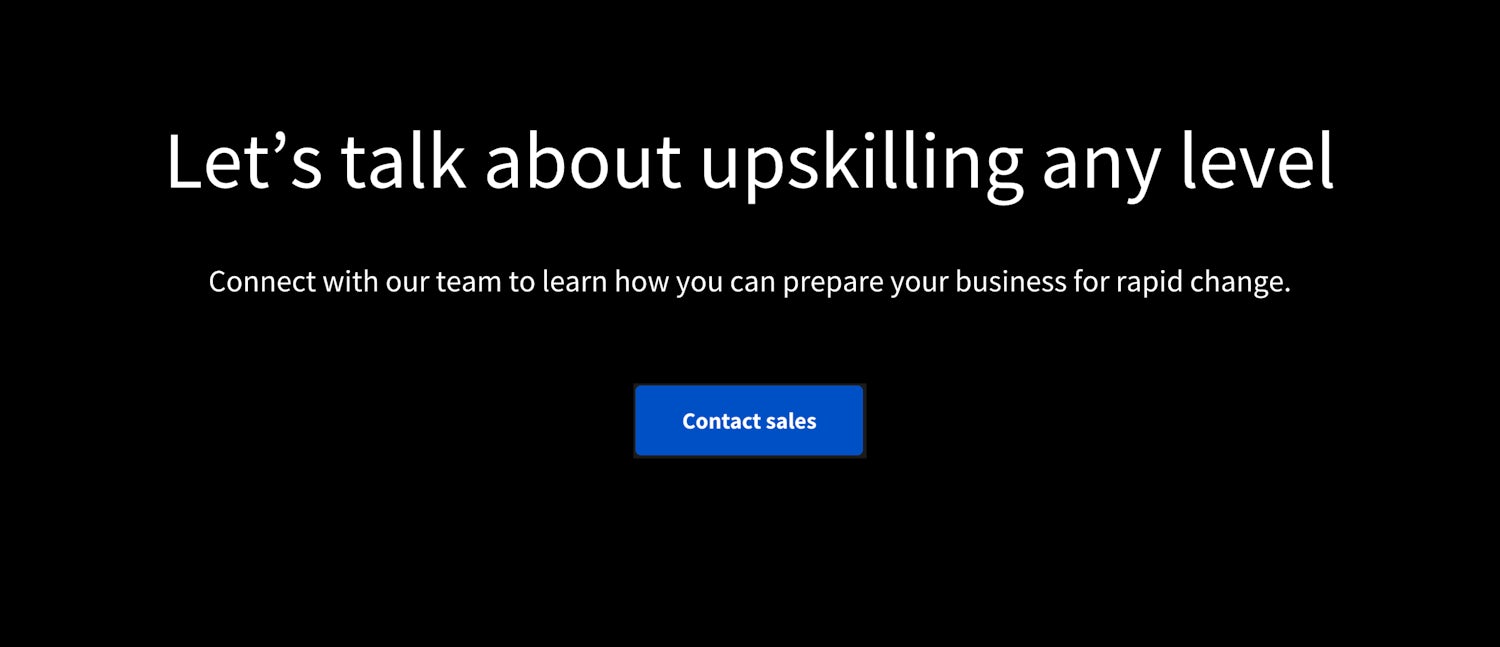15 Employee Engagement Ideas
Employee engagement is key to company success. Try out these 15 employee engagement ideas to build employee satisfaction, maximize productivity, and more.
![[Featured image] Four people participate in an employee engagement activity in an office with red brick walls and a brightly lit window.](https://d3njjcbhbojbot.cloudfront.net/api/utilities/v1/imageproxy/https://images.ctfassets.net/wp1lcwdav1p1/1xXcmUczCpU6OselZuufla/8b19b0bf364a9850f010df343f915f92/GettyImages-1087029022.jpg?w=1500&h=680&q=60&fit=fill&f=faces&fm=jpg&fl=progressive&auto=format%2Ccompress&dpr=1&w=1000)
Employee engagement is a key driver of business success. When employees are engaged, profit margins increase, employee retention rates rise, and overall employee satisfaction is higher. According to the Gallup Global Workplace Report in 2021, employee engagement is 34 percent in the United States on average, yet companies with a 70 percent or higher engagement rate experience significant growth and profit benefits over time [1].
So what is employee engagement, and how can businesses actively promote higher engagement within the organization?
What is employee engagement?
Employee engagement is the emotional commitment an employee has to their organization. This is a measure of an employee's enthusiasm about their work, commitment to their company’s success, and dedication to helping an organization live up to its values and mission. An engaged employee will not only show up for their position, but they will actively go above and beyond to foster company growth and success.
Being aligned with company values, feeling a sense of purpose in their position, and having opportunities for internal growth are all important factors for fostering employee engagement.

15 employee engagement ideas
In addition to continuous feedback from employees, consider the following ideas to boost employee engagement within your company:
1. Host team lunches.
Team lunches (catered by the office) can help employees informally create bonds and open conversations. This can improve the performance of teams, create feelings of camaraderie within the organization, and help employees brainstorm and talk about new ideas with one another.
2. Organize a company sporting event.
Sports are a great way to build camaraderie between employees and boost engagement in the workplace. Organizing a sporting event at work, such as a friendly 10k or basketball game, can help bring together employees and build bonds company-wide. Encouraging employee sports teams may also have the added benefit of contributing to a relaxed work environment, higher employee focus, and stronger feelings of responsibility toward the organization. If you can’t organize a physical sport, consider playing board games or starting a fantasy sporting league where employees can share insights about players and bond over current sporting events.

3. Create a space for collaboration and socializing.
When there is a space in the office or online designed for group work and collaboration, it encourages a culture of communication and teamwork. This can also help employees take a break from their work and connect with one another.
4. Create activity groups for employees with similar interests.
Creating company groups, like a running group or chess club, is an informal way to build a positive company culture and promote bonds between team members.
5. Have company-facilitated volunteering.
Having company involvement in social outreach organizations can be a great way to engage employees and promote company values. Studies have shown that benefits related to volunteering boost employee productivity and engagement. Several companies have begun to offer paid time off for volunteering.
6. Host lunch & learns.
Lunch and learns are company-sponsored lunches that bring in an external or internal speaker to share their experience and network with employees. This is best done by introducing professionals to topics that interest them. It doesn’t have to relate to the company directly. Even seemingly unconnected speaker topics can spark conversation and lead to unexpected collaborations.
7. Invite external speakers.
External speakers are another fun option to spark employee interest and open communication channels. Bringing in new perspectives can provide opportunities for employees to discuss new ideas and ways of approaching problems.
8. Add wellness budgets.
Providing employee stipends for wellness is a great way to encourage a healthy work-life balance. Employees can use these stipends on fitness classes, fitness equipment, therapy, nutrition, or any type of wellness-related activity.
9. Provide flexible working conditions.
Giving employees autonomy over their working environment shows you respect their ability to work independently and manage their time. This can help reduce burnout and encourage balance. There is no one-size-fits-all when it comes to flexible work environments. Some companies may excel with a completely remote structure while others offer employees choices on which days and hours they come into the office. Some other types of flexible work environments include options such as paid time for non-profit work, paid sabbaticals, and flexible childcare policies.
10. Offer training opportunities.
When employees have opportunities to grow within the company, they may feel more committed to the organization. This is because employees are not forced to look outside of the organization to grow their professional skills and expand their skill set. It creates feelings of value and motivation to achieve higher performance markers. Internal promotions are a great way to show recognition for employees building skills and encourage internal growth and commitment.

11. Create company traditions.
Creating shared experiences that employees take part in together can build company culture and benefit employee engagement. Consider traditions that promote the company mission and help create a sense of value and community for employees.
12. Select motivating managers.
Managers are key players in employee engagement, so having strong manager-employee relations is a key driver of employee engagement. By choosing managers skilled in motivating employees and encouraging growth, you can improve employee engagement.
Read more: 8 Tips for Developing Your Leadership Skills
13. Recognize employee achievements.
Employee recognition is one of the most important workplace strategies to encourage employee engagement and productivity. Communicating appreciation to employees shows employees that the company values them, recognizes them for hard work, and demonstrates to other employees what success looks like.
14. Host an awards night.
Looking for a fun way to recognize employee achievement? Consider hosting an awards night. Make it fun! Recognize employees for their strengths, and focus on the positives of each individual team member.
15. Improve workplace diversity.
When building teams, encourage diverse groups. This has been shown to have a positive impact on employee engagement and can create a workplace culture that celebrates diversity and opens communications with different perspectives.
Read more: Why Is Diversity Important in the Workplace?
Why is employee engagement important?
Employee engagement leads to employees performing at a higher level on average. This is beneficial for employees, the company, and other stakeholders By increasing employee engagement, you may see improvements in many areas of business operations. Some key metrics associated with improved employee engagement include [2]:
81 percent decrease in employee absenteeism
43 percent decrease in turnover in low-turnover organizations
41 percent decrease in quality defects
18 percent increase in productivity
23 percent increase in profitability
When determining the best way to increase employee engagement, it is important to first determine the areas of improvement needed in your organization. The key drivers of employee engagement include:
Purpose
Development
Caring managers
Ongoing conversations
Focusing on strengths
To determine which areas may benefit most from engagement strategies, consider providing a survey or other feedback mechanism for employees. Ongoing surveys, such as weekly check-ins or pulse surveys, can help monitor employee engagement and identify whether engagement strategies are leading to improvements and catch areas of concern early.
Be sure to act on employee feedback and let employees know you are actively listening and implementing changes based on their concerns and voiced opinions. Many top organizations, including Microsoft, Apple, and Mastercard, utilize ongoing surveys and feedback platforms.

Article sources
Gallup. “State of the Global Workplace: 2021 Report, https://bendchamber.org/wp-content/uploads/2021/12/state-of-the-global-workplace-2021-download.pdf.” Accessed April 20, 2023.
Gallup. “What Is Employee Engagement and How Do You Improve It?, https://www.gallup.com/workplace/285674/improve-employee-engagement-workplace.aspx.” Accessed April 20 2023.
Coursera Staff
Editorial Team
Coursera’s editorial team is comprised of highly experienced professional editors, writers, and fact...
This content has been made available for informational purposes only. Learners are advised to conduct additional research to ensure that courses and other credentials pursued meet their personal, professional, and financial goals.